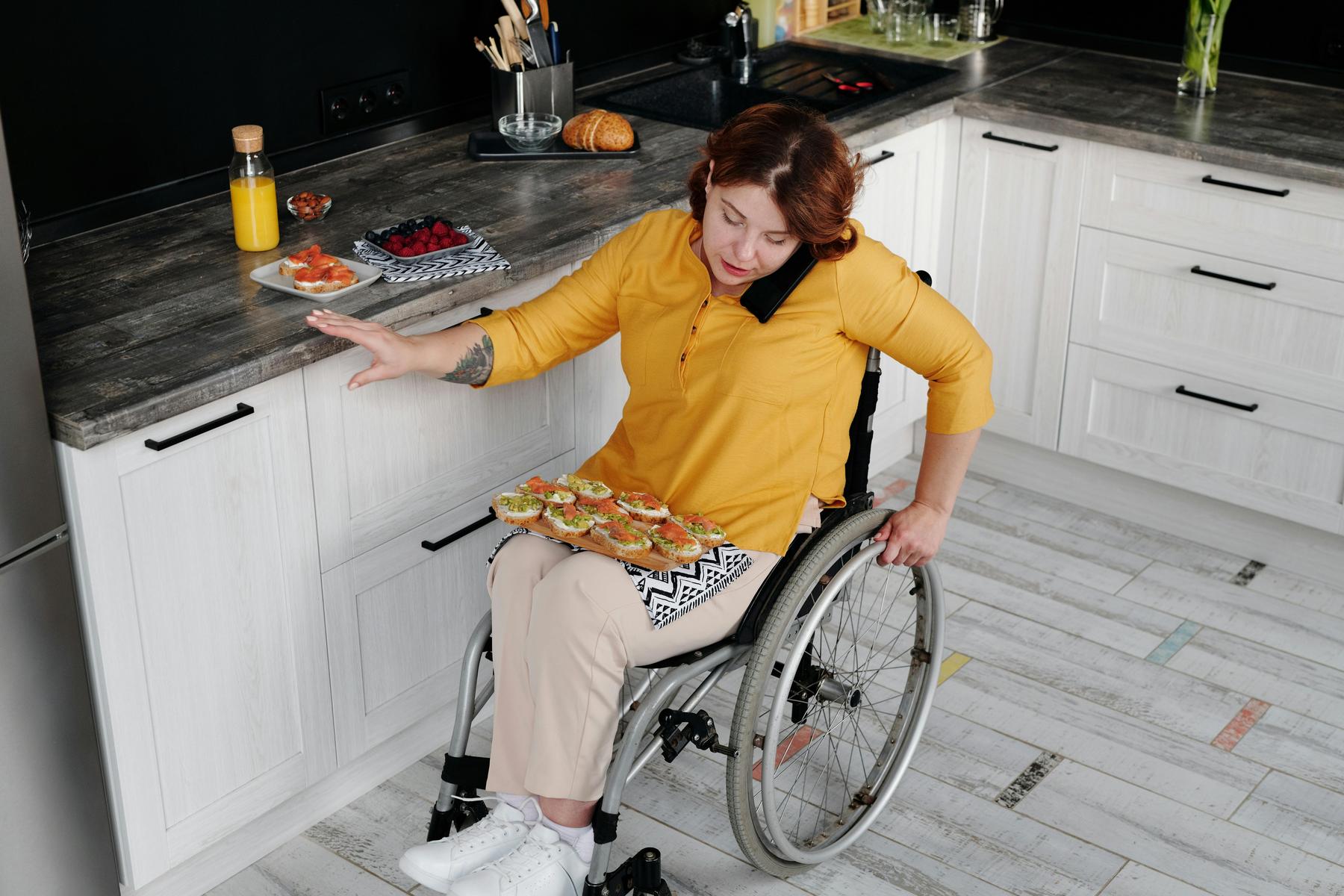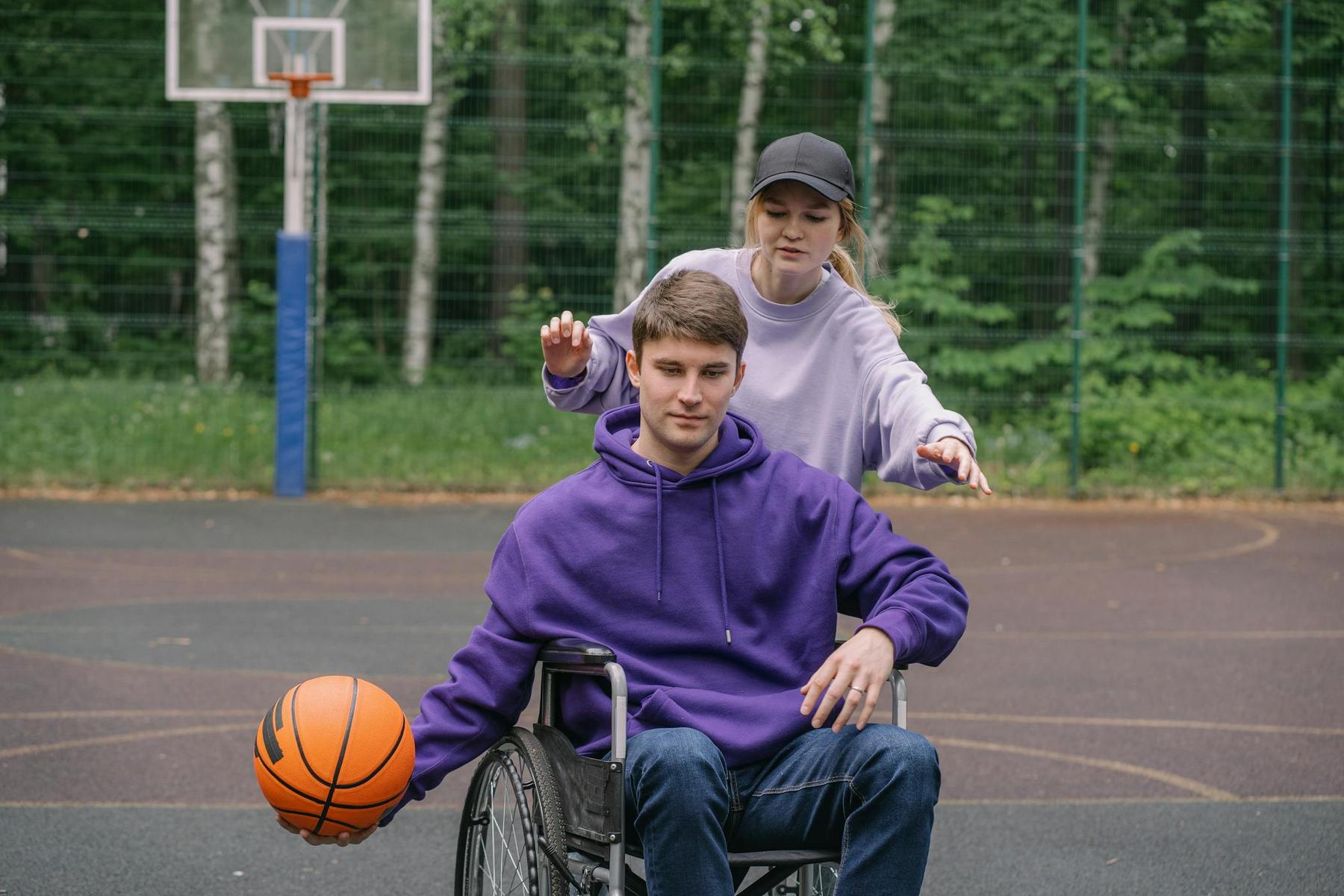Taking the step towards Supported Independent Living (SIL) represents a profound journey towards greater autonomy and self-determination. That first month can feel like a whirlwind of emotions—excitement about newfound independence, anxiety about adapting to new routines, and perhaps a touch of homesickness. Whether you’re preparing for this transition yourself or supporting a loved one, understanding what lies ahead can make this significant life change more manageable and rewarding.
Here in Cairns, with its unique tropical lifestyle and close-knit community, Supported Independent Living offers a pathway to meaningful community participation while ensuring you receive the personalised support needed for daily living. This guide walks you through what to expect during your crucial first month and provides practical strategies to help you settle in with confidence.
What Is Supported Independent Living and How Does It Work?
Supported Independent Living (SIL) is a comprehensive disability support model funded through the National Disability Insurance Scheme (NDIS) that enables people with disabilities to live as independently as possible while receiving tailored support. Unlike traditional care models, SIL emphasises individual choice, skill development, and community integration.
“SIL represents a paradigm shift in disability support—moving from institutional models to person-centred care that honours individual autonomy while providing necessary assistance,” explains the team at Advanced Disability Management in Cairns.
In practical terms, SIL funding covers the support services you need for daily living activities but not accommodation costs like rent or utilities. This distinction is important as it gives you greater control over your living environment while ensuring you receive appropriate care.
The support provided through SIL varies based on your individual needs and can include:
- Assistance with personal care routines
- Help with household tasks and meal preparation
- Support for medication management
- Guidance with budgeting and financial tasks
- Assistance with community access and social participation
- Development of practical life skills
In Cairns specifically, SIL providers like Advanced Disability Management work within NDIS guidelines while taking into account local factors such as the tropical climate, available community resources, and regional support networks.
| Traditional Group Homes | Supported Independent Living |
|---|---|
| Standardised care for all residents | Personalised support plans tailored to individual needs |
| Limited choice in housemates | More options for choosing housemates or living alone |
| Fixed routines determined by facility | Flexible schedules based on individual preferences |
| Staff-directed activities | Person-directed activities and community engagement |
| Focus on basic needs and safety | Emphasis on skill-building and increasing independence |
| Limited community integration | Strong focus on community participation and belonging |
How Can You Prepare for Moving to Supported Independent Living?
Preparation is crucial for a smooth transition to Supported Independent Living. Ideally, this process should begin several weeks or even months before your actual move-in date.
Collaborative Planning with Your Support Team
Working closely with your NDIS support coordinator is essential during this preparation phase. Together, you’ll need to:
- Assess your housing needs and preferences: Consider whether you prefer shared or individual living, the location’s proximity to public transport, and specific accessibility requirements.
- Secure appropriate funding: Your support coordinator will help draft a detailed “roster of care” outlining your support needs, which is essential for NDIS SIL funding approval.
- Select the right provider: Take time to research and interview potential SIL providers in Cairns, asking about their experience, staff qualifications, and approach to person-centred care.
“The preparation phase sets the foundation for success in Supported Independent Living,” notes Advanced Disability Management. “We recommend multiple visits to your future home before moving day to help familiarise yourself with the environment and meet potential housemates.”
Emotional and Practical Preparation
Beyond the administrative aspects, emotional preparation is equally important:
- Gradually familiarise yourself with the new environment: Visit your future home several times before moving in to get comfortable with the space.
- Plan how to personalise your space: Identify cherished belongings that will make your new accommodation feel like home—photographs, artwork, or favourite furnishings.
- Develop essential skills: Consider participating in pre-move workshops that teach practical skills like cooking, budgeting, or using public transport in Cairns.
- Create a visual schedule or calendar: Having a visual representation of what your first few weeks might look like can reduce anxiety about the unknown.
What Happens During Your First Week in SIL?
The initial days of living in your new SIL accommodation can be both exciting and challenging. Understanding what typically happens during this period can help manage expectations.
Days 1-3: Orientation and Setting Up
The first few days typically focus on:
- Home tour and safety briefing: Your support team will guide you through the residence, explaining safety features, emergency procedures, and how to use any assistive technology.
- Meeting your support team: You’ll be introduced to the staff who will be working with you, understanding their roles and how to communicate with them.
- Setting up your personal space: Support workers will help you unpack, arrange your belongings, and make your room comfortable and personalised.
In Cairns, many SIL providers like Advanced Disability Management use a “buddy system” where new residents are matched with more experienced peers who can provide informal guidance about local amenities, transport options, and community activities.
Days 4-7: Establishing Routines
By the end of your first week, you’ll begin developing regular routines:
- Morning and evening routines: Your support workers will assist with establishing consistent wake-up times, personal care, and bedtime processes.
- Healthcare coordination: Connecting with local Cairns healthcare providers and ensuring your medical needs are addressed.
- Household responsibilities: Starting to participate in household tasks based on your abilities and goals, such as meal preparation or keeping your personal space tidy.
“The first week is about finding your rhythm,” explains Advanced Disability Management. “We don’t expect perfect adjustment immediately. Small steps and celebrating mini-milestones are the keys to success.”
Common challenges during this period might include adjusting to new sensory environments, communication differences with housemates or staff, and managing feelings of homesickness. Your support team should be prepared to help you navigate these challenges with patience and understanding.
How Do You Develop Skills and Connect with Your Community?
Weeks 2-4 of your SIL journey typically focus on skill development and community integration—essential aspects of building your independent life in Cairns.
Building Independent Living Skills
This period emphasises practical skill development through tailored support:
- Cooking and nutrition: Learning to prepare simple meals using local Cairns ingredients, with guidance gradually decreasing as your confidence grows.
- Transport training: Practicing how to use Sunbus services to reach important destinations like Cairns Central Shopping Centre, medical appointments, or recreational activities.
- Financial management: Working with support staff to develop budgeting skills, manage NDIS funding, and handle everyday financial tasks.
- Household management: Learning to maintain your living space, do laundry, and contribute to shared areas according to your abilities.
Social and Recreational Engagement
Connecting with the Cairns community is vital for combating isolation and building a fulfilling life:
- Recreational activities: Exploring adaptive sports programs, art classes at the Tanks Arts Centre, or accessible swimming at the Cairns Esplanade Lagoon.
- Volunteer opportunities: Identifying meaningful ways to contribute to the community through volunteering with local organisations.
- Peer connections: Attending NDIS-sponsored social events or interest-based groups to meet others with similar experiences.
“Community integration isn’t just about participating in activities—it’s about developing a sense of belonging and contribution,” notes Advanced Disability Management. “We work with our residents to identify their interests and connect them with Cairns’ vibrant community resources.”
What Challenges Might You Face and How Can You Overcome Them?
Even with careful planning and support, transitioning to SIL will likely present some challenges. Acknowledging these potential difficulties and having strategies to address them is an important part of preparation.
Navigating Shared Living Dynamics
If you’re moving into shared accommodation, learning to coexist with housemates can be challenging:
- Mediated house meetings: Regular facilitated discussions provide a safe space to address concerns and collaboratively establish house rules.
- Clear visual supports: Using visual schedules for shared responsibilities helps reduce misunderstandings about expectations.
- Conflict resolution skills: Learning techniques to express needs assertively and resolve disagreements respectfully.
Managing Emotional Wellbeing
The transition can trigger various emotional responses:
- Recognising adjustment reactions: Understanding that feelings of loss, homesickness, or anxiety are normal during transitions.
- Maintaining connections: Scheduling regular contact with family and existing support networks while building new relationships.
- Self-regulation strategies: Developing personalised techniques to manage overwhelming emotions, such as quiet spaces, breathing exercises, or sensory tools.
Adapting to Cairns’ Unique Environment
The tropical climate and lifestyle of Cairns present specific considerations:
- Weather adaptation: Learning to manage in the tropical heat, including staying hydrated and planning outdoor activities during cooler parts of the day.
- Cyclone preparedness: Understanding local emergency procedures, particularly during the November to April cyclone season.
- Navigating seasonal changes: Adjusting routines based on wet and dry seasons, including alternative indoor activities during the monsoon period.
How Can You Build a Foundation for Long-Term Success?
As you approach the end of your first month in Supported Independent Living, it’s important to focus on establishing patterns that will support your ongoing independence and wellbeing.
Regular Review and Goal Setting
Working with your support team to:
- Evaluate initial progress: Reflecting on achievements, challenges, and adjustments needed to your support plan.
- Set meaningful goals: Identifying short and medium-term objectives that align with your vision for independent living.
- Schedule regular reviews: Establishing a pattern of periodic assessment to ensure your support remains appropriate as your needs evolve.
Building Your Support Network
Expanding your circle of support beyond paid staff:
- Developing reciprocal friendships: Moving beyond initial acquaintances to deeper connections in the community.
- Connecting with peer support groups: Engaging with others who have similar experiences through formal or informal networks.
- Maintaining family relationships: Finding new ways to involve family members in your life while establishing healthy boundaries.
Advocating for Your Needs
Developing the confidence to speak up for yourself:
- Understanding your rights: Becoming familiar with NDIS participant rights and responsibilities.
- Expressing preferences: Practicing clear communication about your preferences for support.
- Providing feedback: Learning how to constructively address concerns with your SIL provider.
“The first month lays the groundwork, but building a fulfilling independent life is an ongoing journey,” says Advanced Disability Management. “Success looks different for everyone—it’s about progress toward your personal goals, not comparison with others.”
Your Supported Independent Living Journey in Cairns
The transition to Supported Independent Living represents a significant milestone—one that combines the freedom of independence with the security of tailored support. That first month may bring challenges, but with proper preparation, clear communication, and the right support team, it can be the beginning of a rewarding new chapter.
In the unique setting of Cairns, with its natural beauty, accessible community spaces, and developing infrastructure for people with disabilities, SIL offers opportunities for genuine community participation and personal growth. From enjoying the accessibility of the Esplanade to participating in the region’s cultural events, Supported Independent Living can open doors to a more connected, independent life.
Remember that adjustment takes time, and progress may not always follow a straight line. Celebrating small victories, learning from challenges, and continuously refining your support to match your evolving needs are all part of the journey toward meaningful independence.
How is SIL funding determined under the NDIS?
SIL funding is based on an individualised assessment of your support requirements. The process typically involves your support coordinator helping you draft a ‘roster of care’ that outlines your daily assistance needs. This document, along with supporting evidence about your disability and goals, is submitted to the NDIS for review. Funding decisions consider factors such as the level of support required—from a few hours daily to 24/7 assistance—the complexity of your needs, and how supports are shared among residents.
Can I choose who I live with in Supported Independent Living?
Yes, participant choice is a cornerstone of the NDIS and SIL arrangements. You can express preferences about living alone or sharing, and if sharing, the number and compatibility of housemates may be considered. However, factors like the availability of suitable accommodation in Cairns and matching support needs can influence your options. Many providers conduct compatibility assessments or trial periods to ensure positive household dynamics.
What happens if I’m not happy with my SIL accommodation or support?
If you’re experiencing issues with your SIL arrangement, the first step is to communicate your concerns directly with your service provider through their formal feedback process. If problems persist, discuss changing your support arrangements with your NDIS support coordinator. Should the issues remain unresolved, you can contact the NDIS Quality and Safeguards Commission, which oversees the quality and safety of NDIS services. Remember, you have the right to change providers if your reasonable needs aren’t being met.
How much independence will I really have in Supported Independent Living?
The level of independence in SIL varies based on your individual support plan and goals. The underlying philosophy of SIL is to provide just enough support to enable maximum independence—encouraging you to learn new skills rather than having tasks done for you. Over time, as you build confidence and capabilities, many participants see an increase in their independence.
How can family members stay involved when someone moves to SIL?
Family involvement remains important even after transitioning to SIL. Providers often welcome family participation through regular visits, inclusion in planning meetings (with the participant’s consent), and ongoing communication about wellbeing and progress. Establishing clear boundaries ensures that while family members can maintain a supportive role, the participant’s growing independence is also respected.



